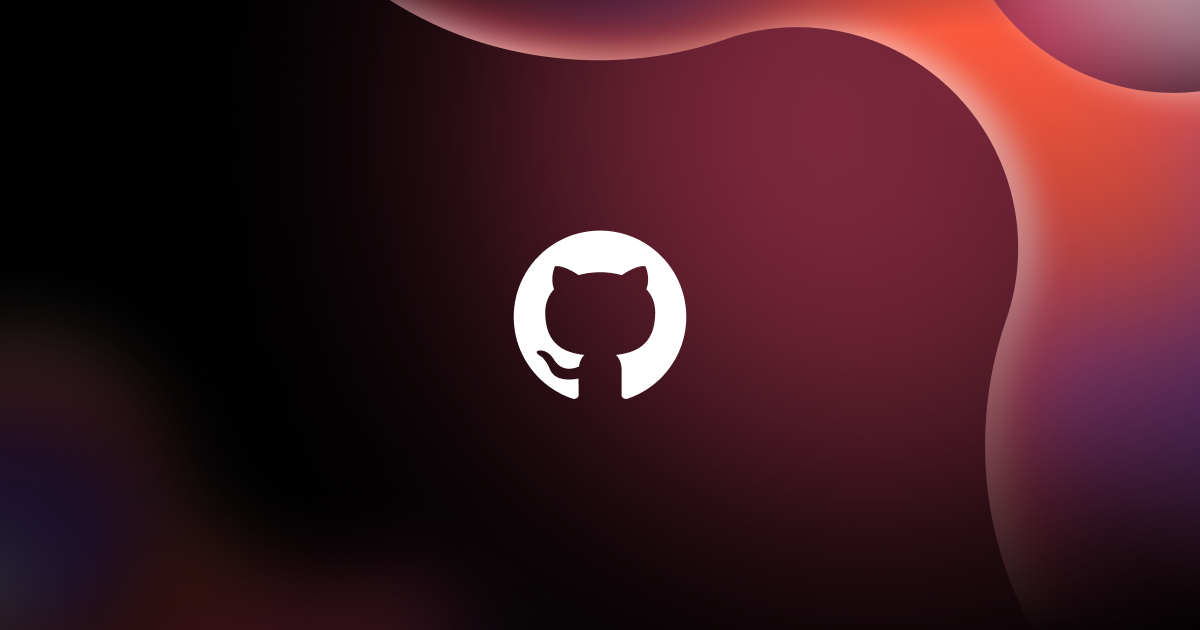[ad_1]
Citizens in 76 countries with 4.2 billion inhabitants, including Indiathe United States and the European Union are voting this year, which makes this the largest global election year in historyThis landmark year for democracy comes at a crucial time for technology policy, as policymakers consider how to legislatively address AI while preparing for the potential Impact of generative AI on elections. AI is also linked to all other hot technology policy issues, including cybersecurity, sustainability and competition.
While technology policy affects us all, this election is especially relevant for software developers because public policy influences who has access and the ability to participate in global code collaboration. In a key election year for developers, GitHub is thinking about what’s at stake for our users and our platform, how we can act responsibly to support free and fair elections, and how developers can contribute to robust democratic processes.
This election comes at a turning point in AI policy. Policymakers are looking to promote the immense societal benefits of AI while mitigating potential harms. Their decisions will have significant implications for emerging technologies, as they affect the opportunities, resources, and regulations that constrain and spur innovation. To understand Silicon Valley’s success, one can look, for example, at how the United States Law created conditions for the success of the tech industry, for example by protecting intermediaries from strict liability for user-generated content, while other regulatory systems hamper innovation. AI-powered developer tools have the potential to democratize access so that anyone can be a developerand increase productivity with the latest Research It is estimated that generative AI-powered developer tools could add over $1.5 trillion to global GDP. We have an opportunity to find a path forward for AI policy that balances opportunity and risk and encourages conscious invention at all levels, from hobbyists and entrepreneurs to large organizations.
It is clear that we need policies that take into account and represent the interests of developers and open source, but that is easier said than done. While open source supports innovation and economic vitality – with a An estimated 96% of codebases contain open source–it is too often misunderstood by policymakers who are unaware of its benefits and misinformed about its risks. GitHub has been working to find the right balance in the European Union AI law And Cyber Resilience Act Protect open source and avoid undue burden on developers by advocating for clear exceptions for open source so as not to hamper innovation. We need developer champions in public office who not only understand the value of open source and the nuances of software development, but also pursue innovative ideas to support the sustainability of open source, such as FOSS Sustainability Fund of the Open Technology Fund and Germany Sovereign Technology Fund.
This important election year presents an opportunity to strengthen policymakers’ understanding and collaboration with the global developer community. Global efforts to nationalize digital space, driven by cybersecurity concerns, competition, and censorship, are cutting people off from mutually beneficial open innovation and the opportunity to enrich their local communities. We need leaders who want to protect and support the opportunity for anyone, anywhere, to become a software developer and contribute to shared knowledge and progress in the open. One critical area of influence is the global availability of platforms like GitHub, where over 100 million developers work. Collaboration on code all over the world. While Compliance with sanctions We are working to make as much of GitHub available to as many developers as possible, while respecting U.S. sanctions laws, by securing licenses to make public repositories as widely accessible as possible around the world.
This significant global election year has challenged us to rethink GitHub’s role within the information ecosystem and how we can responsibly govern our platform. Politicians and journalists are concerned about the impact of deepfakes and other AI-generated disinformation on elections, as seen in major democracies such as Indiawhere the fears of an information war generated by AI have not fully materialized, but Deepfake trolling It certainly was, and in the United States, where the US Federal Communications Commission banned AI-generated voices in robocalls for disturbing deepfakes. While GitHub is not a general social media platform where people share deepfakes virally, or an AI-powered media generation platform, we are a platform where users can research and develop tools to generate or detect synthetic media and want to act responsibly. That is why we have joined the AI election agreementa technology agreement to combat fraudulent use of AI in elections. The AI Elections Accord sets out principles for signatories to manage the risks posed by fraudulent AI election content. In line with this commitment, GitHub has updated our Acceptable Use Policy to address the development of synthetic and manipulated media tools for the creation of non-consensual intimate images (NCII) and disinformation aimed at create a balance between combating the misuse of synthetic media tools and enabling legitimate research on these technologies. If we ban these tools entirely, the research community will have no way to evaluate how they work and provide insights that will help prevent their misuse. Balance between security and accessibilityPlatforms can Benefits of open models while protecting against potential risks.
Developers are key stakeholders who build the tools that govern our information ecosystem, and they play a vital role in protecting elections. Check out the Coalition for Content Provenance and Authenticity (C2PA)an industry-leading project to combat the spread of misleading information by developing technical standards to certify the source and history (or origin) of media content created using open source components and published in a public GitHub repositoryOr consider the Content Authenticity Initiativea cross-industry consortium committed to the introduction of content verification based on C2PA standards and a Open source software development kit (SDK) of tools and libraries that enable developers to create, verify, and display content credentials based on C2PA standards.
Protecting our information ecosystem through content provenance and authenticity initiatives is a collaborative effort based on open source. VotingWorksthe only open source voting system used in U.S. elections, works to increase public trust in elections through open source code, documentation, and development.
These are just a few examples of the important work that open source developers do to support democratic processes. Even the simple act of a developer sharing their work and contributing to the world’s open knowledge base contributes to collective human progress.
Written by
[ad_2]
Source link

